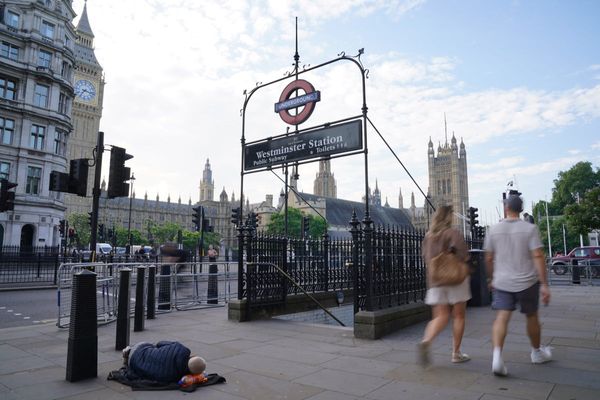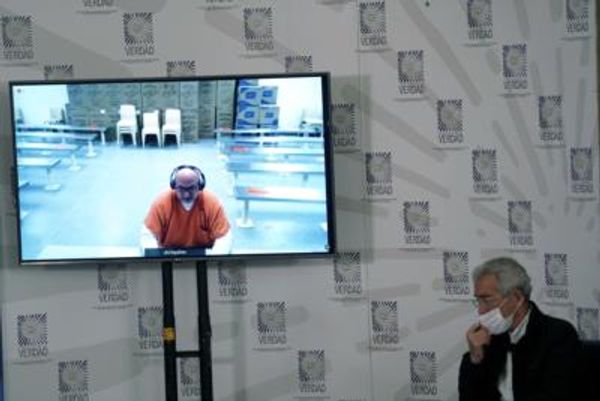I’m not alone when I confess that the COVID era wreaked havoc on my kids’ annual pediatrician visits.
In the early months of the pandemic, when the virus was still a big unknown and doctors’ offices were trying to limit contacts, our long-scheduled well-check visits were all canceled by our doctors.
Later, pediatric office policies that allowed only one parent to accompany one child per visit, made going to the doctor a nearly impossible task.
It often required a baby sitter or some other form of hard-to-find child care, and that typically meant those appointments also needed to be rescheduled at least once. And every parent knows that many of these visits need to be set many months in advance.
Even three years later, the insistence by some medical offices that we wrangle a screaming toddler into an all-but-useless face covering has made going to the doctor as daunting for the parent as the child and understandably something we might want to delay.
But pandemic-era doctors’ appointments that were missed or repeatedly delayed often meant that for many kids, vaccines for ordinary childhood illness were too.
That was predictable and understandable. And vaccination rates have largely rebounded as the pandemic has waned. That’s a good thing.
If there’s any decline or stagnation in the rate of children who are up-to-date on their normal vaccine schedule, doctors are quick to blame an increase in vaccine hesitancy driven by misinformation and questions about the COVID-19 vaccine — which has had remarkably slow uptake for the youngest kids.
They cast aspersions on ignorant parents and social-media misinformation campaigns, But they seldom acknowledge their own role in creating an environment in which parents are increasingly wary about the accuracy of the information they are receiving from health care professionals.
They seem to have memory-holed the months of public health officials telling us things that ended up not being true.
Like the initial claims that the vaccines prevented infection and stopped the spread of COVID. The vaccines prevented serious illness and hospitalization and minimized, but did not stop, contagiousness.
Now, they are finally acknowledging that the likelihood of contracting COVID, even after four shots, is probably inevitable, a fact punctuated by President Joe Biden’s recent bouts with illness.
The president, whose age makes him high-risk (unlike most children), thankfully appears to be weathering COVID, even after a "rebound" infection. But there is no way of knowing for certain if that is a function of his many vaccine shots, use of the drug Paxlovid or the mild nature of the variant he contracted.
The continued insistence of public health officials that masking and ever-more boosters are needed to end the spread of a virus that most of us have had and survived has a hollowness that rightly makes people more skeptical of the medical information we are receiving.
And that skepticism has understandably trickled down into the daily medical choices we make, even things such as traditional childhood vaccines that never once gave most of us a second thought.
As the recent revelatory review by University College London which pushed back on long-held belief that depression is caused by a serotonin imbalance in the brain has demonstrated, medical knowledge is in constant flux.
Science, as they say, is seldom settled, and doctors and health officials would better serve the public by regularly saying so.
It would be good for doctors and parents to have a more open and honest dialogue about even routine medical practices and procedures.
It would certainly increase my confidence in getting our well-check appointments back on the calendar.







